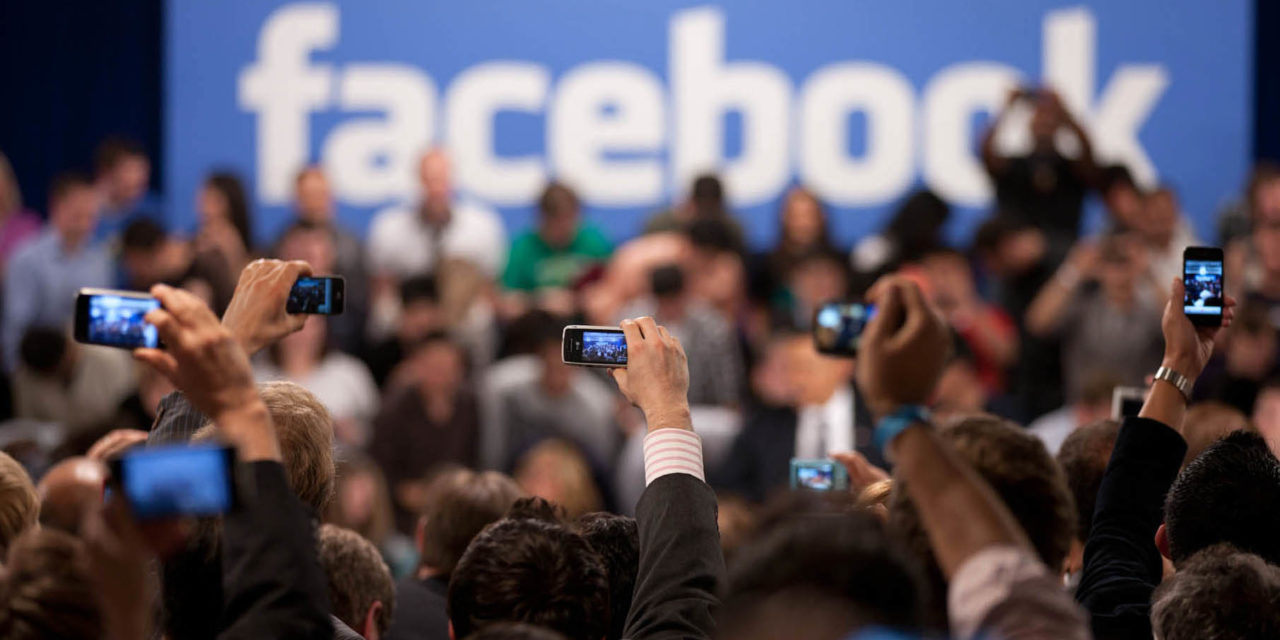John Stonestreet, President of the Colson Center, and Brooke Boriack recently argued in the online publication Breakpoint that millennials are ignoring their local communities by not volunteering with fire departments and other EMS services. They have a point, there is a noticeable decrease in the number of volunteer firefighters in the last 30 years, but is he right to blame millennials and Generation Z? The answer is yes and no.
My grandfather and grandmother, who are both a couple years shy of 90, grew up in Climax Springs, Missouri. The current population of the village (Climax Springs relinquished its town designation in 2015) is a whopping 124 people. There is a local volunteer fire department with many older volunteers, but this problem likely has little to do with Millennials’ lack of interest in volunteering and everything to do with the “brain drain” that is happening in rural communities.
According to Pew Trusts, 1,300 rural counties have seen their populations decrease since 2010. That’s not a volunteer problem, that’s a population problem and something that towns and villages, like Climax Springs and Cross Timbers, MO (another old family town), have been dealing with for years. In many ways, these once prosperous little towns are disappearing. Young people often leave their small communities because of the limited economic opportunities and either go to college or join the military. Some come back, but many don’t.
In middle and high school, I lived in a fairly small town of about 16,000 people in Washington State. I went to college in Seattle, briefly returned home after graduating to nurse a broken foot, then I did an internship abroad and never really looked back. I probably haven’t visited the town where I graduated high school in a good 10 years or so and have little reason to go back (my parents now live in Colorado). Since then, I’ve lived in four other states.
As a result of a series of big moves, I just don’t have much of a connection to my local community. “Home” is more about where my parent’s house is rather than where I’m living. I’m sure many millennials feel the same. This is where I think Stonestreet’s argument is strongest.
Stonestreet writes, “Culturally speaking, ours is a far more mobile society than previous generations, but volunteerism and community engagement are rooted in a sense of ownership for a community. Simply put, it’s hard to foster ownership of a time and place among those always on the move.”
As a millennial, I completely agree with that statement. I currently live in Colorado Springs, but it’s really just a place I live and not “home” yet. That might change over the years, but I’ve always had a mobile mindset.
For millennials, part of that feeling could be tied to our broader, global perspective. When we had interns at Focus on the Family this summer, the majority of them have been out of the country already for missions’ trips or other opportunities. They were all very interested in what’s happening internationally. Personally, I’ve been to five continents and 19 countries. Traveling that much internationally does change your perspective on both the world and your sense of community. Sometimes it is difficult to see local problems when your mind is focused on the blight of refugees in Africa who don’t have water or hearing the story of a victim of international sex trafficking, both of which I’ve experienced.
Stonestreet also argues that there is a “hyper-individualism” at play as well. “All of us, but especially young people, are drawn today towards either the pursuit of social media celebrity-status, or personal happiness as our definition of ‘the good life.’” There’s definitely a lot of truth in his statement.
But in defense of my generation, despite our sometimes-unhealthy interest in social media, we are passionate volunteers. Perhaps we don’t give in quite the same way as previous generations, but the Millennial Impact Report showed that a staggering 80% of millennials donated money to a cause they were passionate about and 70% volunteered for a “cause that they cared about.”
Millennials often are called “selfish” and “entitled,” but I think that we just give and connect in different ways. Small town Americana doesn’t really exist anymore, and our communities are sometimes more online than face-to-face (that might not be a good thing, but that is another article for another time). As a result of this shift to suburbia and the city, there are fewer volunteers for local fire departments and EMS crews. Of course, that is a problem, but maybe the church can help fill in the gap and encourage the younger generations to engage more with their community.
“Here, of course, is where the church comes in—or should come in,” Stonestreet and Boriack wrote. We can create a sense of community and belonging, instilling civic virtue, helping people experience the truth that ‘no man is an island unto himself,’ and that our faith, though personal, is certainly not private.”
Photo by Lawrence Jackson






